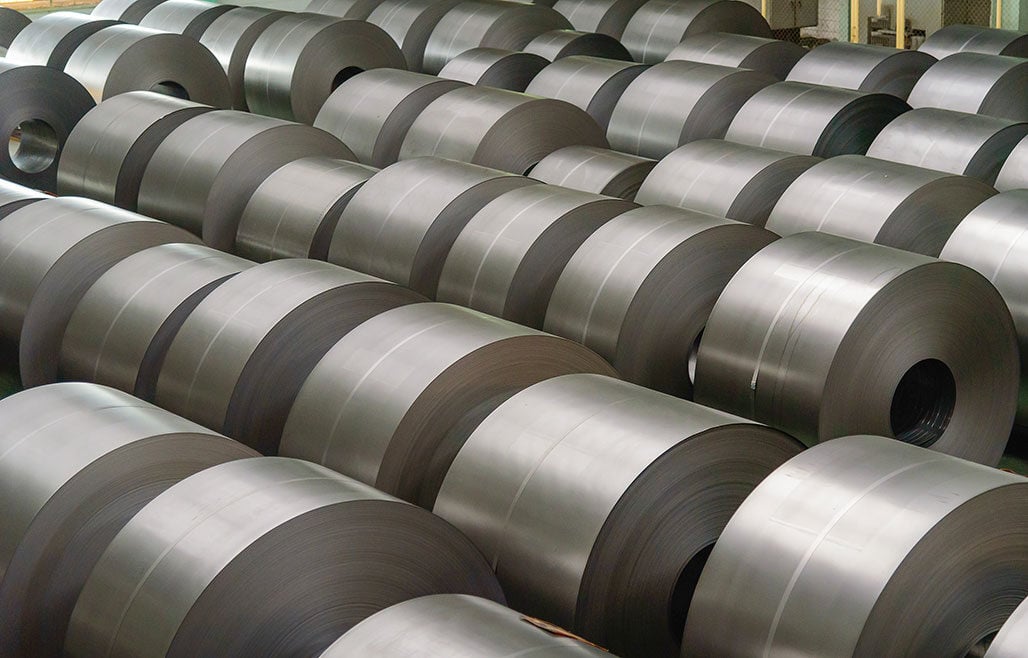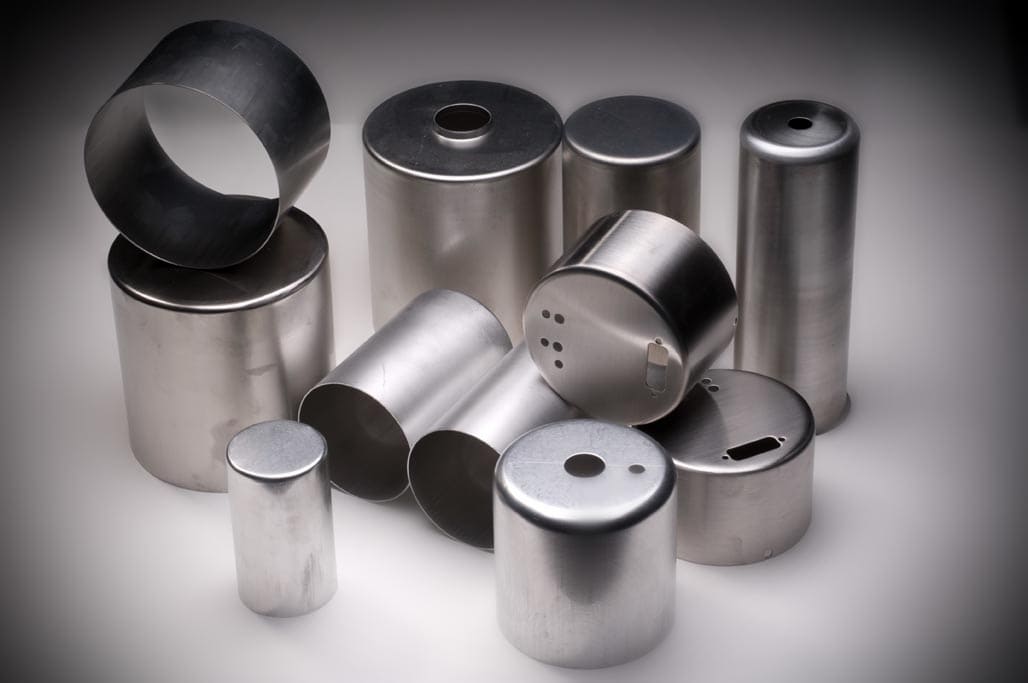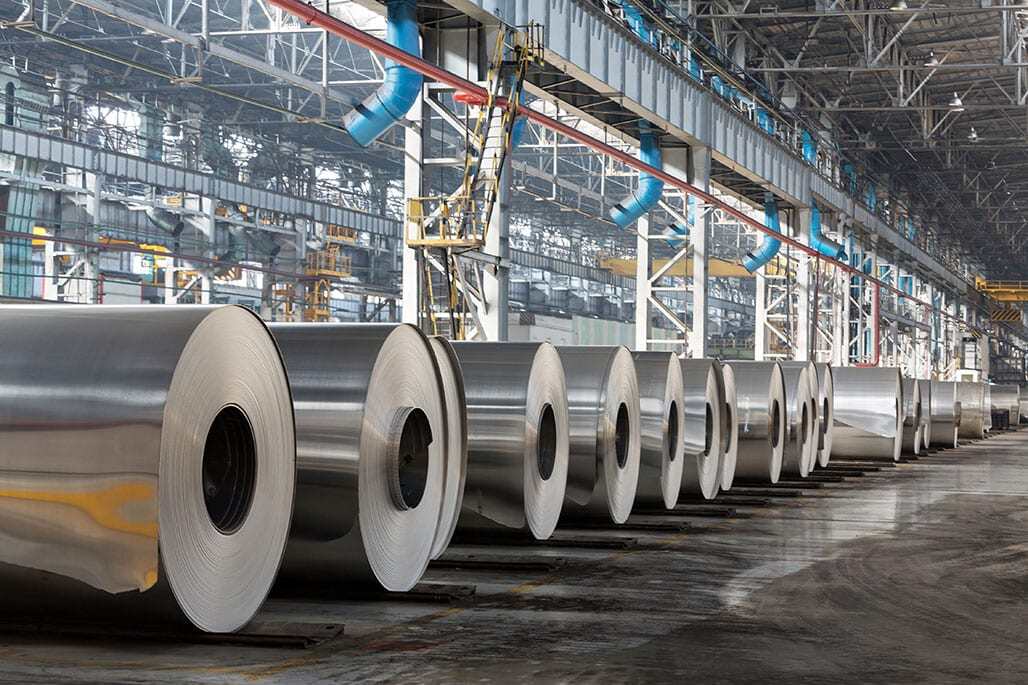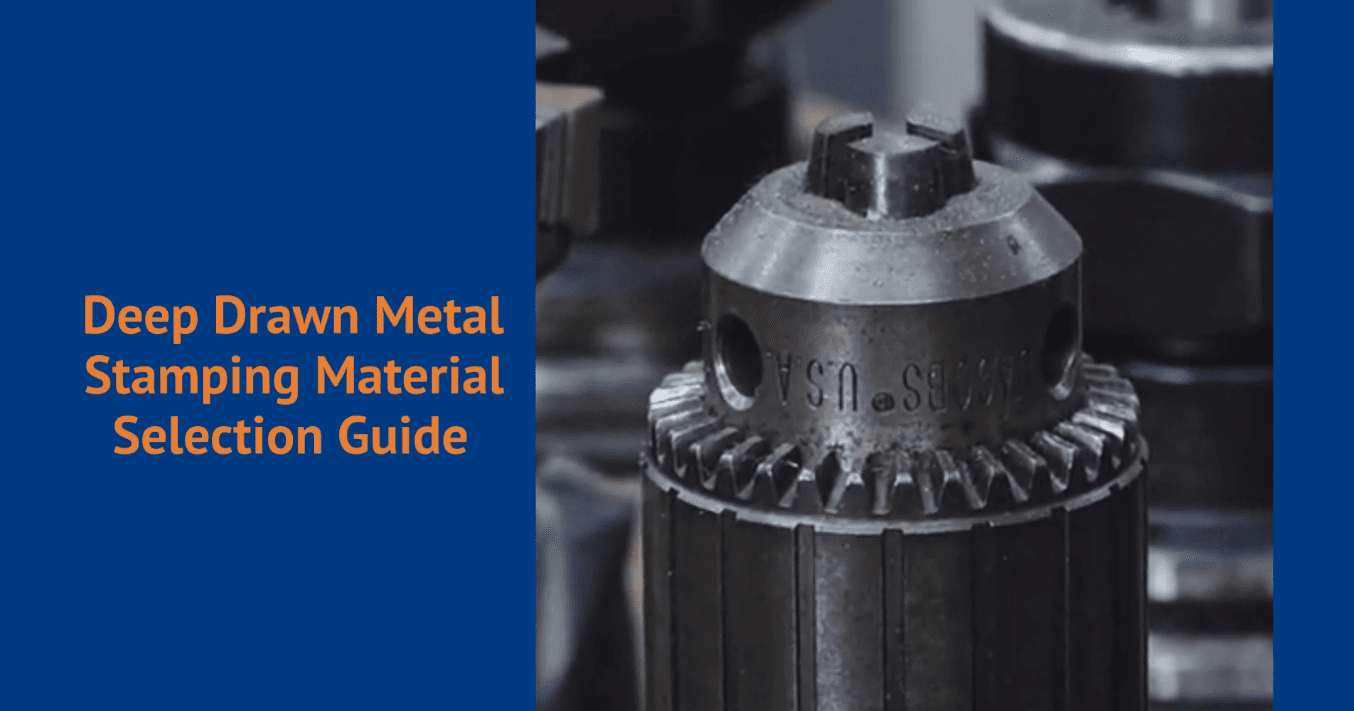Choosing a Metal for your Stampings: Key Factors
Metal is an ideal material for a wide range of building applications, including deep drawn metal stamping, but choosing the appropriate metal for each situation is essential to ensure proper functionality. The decision is not always easy, though, given the incredible array of metal and alloy options available today. The best way to navigate the metal selection process is to carefully consider the needs of your project and compare these against the properties of each candidate metal. Some key properties to consider include the following:
- Tensile Strength: A metal’s tensile strength represents the amount of force that it can withstand without snapping. This is an important factor, especially for projects that will experience significant forces.
- Weldability: Some metals are easier to weld than others. If you choose a metal that isn’t easily welded, the manufacturing process will require additional time and expertise, which may impact your timeline and budget.
- Machinability: Machinability describes the ease with which a metal can be cut with a blade. A less machinable metal may require the use of specialty tools, which can again impact your expense and lead time.
- Ductility and Formability: Additional factors that affect the metalwork process specifically include ductility and formability. These traits determine what shapes a metal can take on. A metal with lower ductility cannot easily be shaped into a wire, and a less formable metal can’t be bent without snapping.
A careful analysis of these characteristics will allow you to select a metal that can be formed to function exactly as intended.
Overview of Metal Materials
Some metals are more popular than others, but each construction metal offers its own unique benefits and drawbacks. The following profiles offer a starting point for selecting an appropriate material for your project, though you’ll want to consult with an expert throughout the design process.
Cold Rolled Steel

Cold rolled steel is produced using a different process than hot rolled steel, resulting in different and extremely versatile properties. One advantage of the process is that it produces closer tolerances and more exact dimensions because the product undergoes more extensive shaping before cooling. It is available in high strength grades that can tolerate high loads, making it suitable for heavy-wear automotive, industrial, and construction applications. However, as an extremely versatile material with good drawability, cold rolled steel is also suitable for smaller applications, including consumer goods and furniture. Hudson’s cold rolled steels 1008-1010 are cost-effective for any of these uses.
Stainless Steel

Stainless steel is one of the most desirable construction materials, offering resistance to extreme temperatures and corrosion along with superior strength. On top of having these functional physical properties, stainless steel is also easy to work with and results in an aesthetically pleasing finish. This material is typical of the automotive, chemical, and food and beverage industries, and we offer Hudson Technologies grades 304L, 316L, 347, and 350 to suit the needs of these industrial clients. These 300 Series stainless steels are composed of 16–26% chromium and up to 35% nickel.
Aluminum

Aluminum is a low-cost, sustainable option that still offers corrosion resistance, durability, malleability, and ductility. Aluminum is commonly incorporated into alloys to increase its versatility and strength, but even on its own, aluminum is a staple of the pharmaceutical, food and beverage, automotive, electronic, and construction industries. It is used for everything from medical instruments to cooking utensils and aircraft components. Hudson’s aluminum offerings include 1100-0, 3003-0, 5052-0, and 6061-0.
Copper

Copper is another metal that offers superior resistance qualities, including to corrosive chemicals and water. In addition to this advantage, it is also formable, ductile, and malleable, enabling diverse applications across the electronics, construction, aerospace, and automotive industries. In these contexts, copper functions in solar units, air conditioners, transformers, motors, and cables, among other things. Copper also has well-documented antimicrobial properties that can be advantageous in the food and beverage and medical industries.
Brass

Like copper, brass resists corrosion from chemicals and water, and it has a similarly attractive finish, making it desirable when aesthetics are a concern. As an alloy of zinc and copper, the characteristics of brass will vary with the ratio of its constituents. Brass 70/30 and 85/15 (yellow cartridge and red brass, respectively), are solderable and drawable, meaning that they are excellent candidates for plates and solders. Other alloys may be chosen for different applications, depending on the desired features. The most common uses are for bearings, fasteners, valves, and electronics throughout multiple industries.
Hastelloy
A less common choice, hastelloy is nonetheless valuable for certain applications. The alloy consists of varying combinations of molybdenum, chromium, and nickel, and offers a number of beneficial physical characteristics. It is highly drawable and resistant to heat and chemicals, including acid catalysts and halides, making it ideal for certain chemical and processing environments.
Monel

Monel consists of nickel-cobalt alloys that grant it reliable strength and resistance to both corrosion and extreme temperatures. However, monel is quite expensive, so it is only preferable when other metals won’t suffice. This generally translates to more rigorous operating conditions such as those experienced in chemical processing or the oil and gas industries. Monel is also notably used in the marine industry as a key component of valves, wiring, and piping.
Titanium
Titanium is slightly heavier than aluminum but offers similar strength and corrosion resistance. Its key advantage is its reliable strength-to-weight ratio, which makes it extremely popular for military, architectural, and aerospace applications. Such uses include landing gear components, fasteners and springs, tubing, and similar structures. Titanium also boasts complete biocompatibility, meaning that it is inert and resistant to corrosion from bodily fluids. Predictably, this makes titanium extremely valuable for medical applications. Titanium alloy grades 1, 2, 5, 7, 9, 11 and 23 are available from Hudson Technologies.
Kovar
Kovar represents another metal with an important niche in the medical industry. A low-expansion, vacuum-melted alloy of iron, nickel, and cobalt, Kovar finds its way into laser and X-ray tubes, radiation devices, and hermetic seals. The alloy is also useful for deep drawing applications due to its consistent quality and drawability.
Hy-Mu 80
An alloy of nickel, iron, and molybdenum, Hy-Mu 80’s chief draw is its electromagnetic resistance. Because of this unique property, Hy-Mu 80 is often chosen as a shielding material to insulate sensitive electronics. This application is important in the aerospace, medical, and military industries to protect electronics, transformer cores, toroids, and other critical devices.
Cupronickel 715
Cupronickel 715 is an alloy consisting mainly of copper and nickel, though it is often reinforced with manganese and iron. Its advantageous properties include ductility, drawability, and high resistance to corrosion in seawater. The latter characteristic predictably makes cupronickel 715 an ideal choice for marine and fishing applications, including propellers, hulls, and crankshafts. It is also commonly used for coin and medal minting as well as for varied applications in the aerospace, electrical, and chemical industries.
Nickel Silver Alloy 2
Comprised of nickel, copper, and zinc, nickel silver alloys are beneficial for electronic applications like lead wires, battery casings, heating coils, and fuel cells. These uses are possible primarily because of nickel silver alloys’ ability to resist electrical stimulation while still offering conductivity and corrosion resistance. Nickel silver alloys are also highly machinable and malleable, enabling intricate structures like those used in fasteners, jewelry, and musical instrument components.
Haynes 242
Haynes 242 is a unique alloy consisting of nickel, molybdenum, and chromium, the combination of which grants properties like oxidation resistance and low thermal expansion. Because Haynes 242 is so durable under harsh temperature conditions, it is commonly used in the aerospace industry for components like containment and seal rings, pumps, and rocket nozzles.
17-7 PH
Despite its unwieldy name, 17-7 Precipitation-Hardening Stainless Steel is commonly requested for many industrial applications thanks to its superior hardness and strength. 17-7 PH is corrosion resistant, easily formable, and resistant to fatigue and deformation. This set of advantages makes the alloy useful in chemical processing equipment, power boilers, and durable fasteners and springs, especially in the aerospace, oil, and chemical processing industries.
Inconel
Hudson Technologies offers grades 625 and 718 of Inconel, a nickel-based alloy that offers corrosion and heat resistance and beneficial drawing properties. Its durability and resistance make it suitable for products like propeller blades and rotors, pressure vessels, and heat exchanger tubing. Common industries for Inconel, then, include not only the aerospace industry but also electronics, medical, chemical, automotive, and marine manufacturing.
Choosing the Right Metal and Stamping Provider
Evaluating every metal for its strengths and drawbacks is time-consuming but essential. Our team of experts at Hudson Technologies can simplify the process for you, helping you understand what advantages differentiate each material so that you can select the perfect metal for your project and budget. To learn more about our offerings and services, contact us today for assistance.










